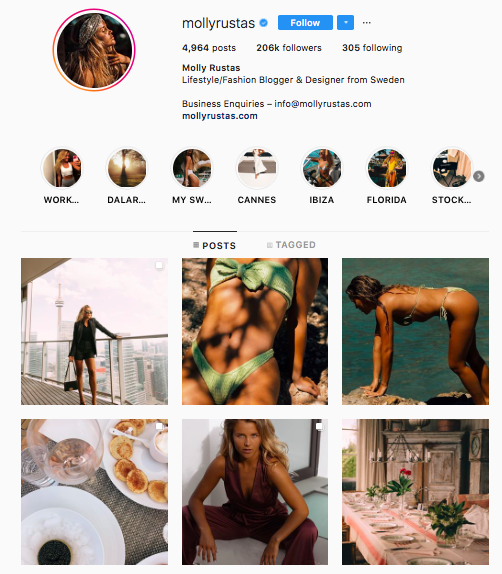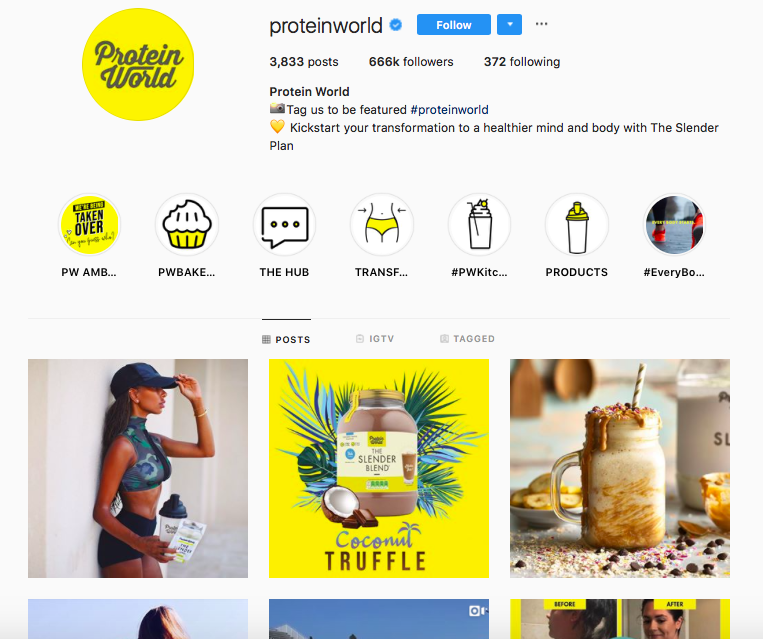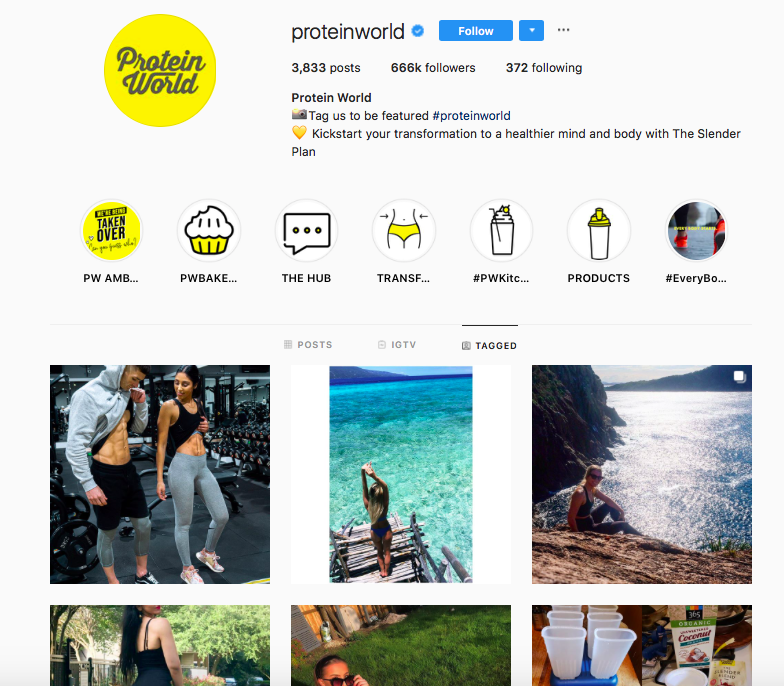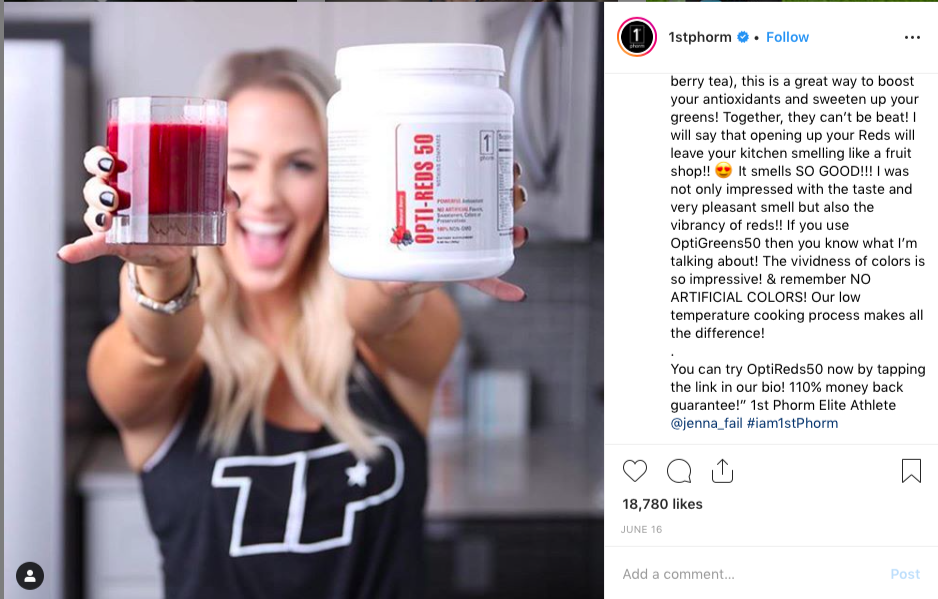How To Audit Your Influencers (For The Best Marketing Results)
Are you looking to begin your influencer marketing journey but not quite sure what to look for when choosing influencer?
Making sure you partner with suitable and relevant influencers is the single most important part for a successful influencer marketing campaign. It is the difference between a successful campaign and a complete fiasco that does not yield any results.
Thanks to influencer databases, services, and tools like Veloce, the influencer audit has been simplified a lot. But that is not to say that you should neglect looking with your own eyes also. Because marketers still say that identifying suitable influencers is the single biggest challenge of influencer marketing. But if you don’t know what to look for, it can be a difficult task.
In fact, unless you hire an influencer marketing company to handle your whole influencer marketing campaigns – from influencer outreach to campaign setup – you’re going to have to do quite a bit of auditing.
Three highly relevant questions are:
- Who do my customers listen to?
- Who do my potential customers listen to?
- What influencers resonate well with my brand and customers?
Whether you’ve used the Veloce influencer database to source influencers, or if you’ve done it in-house, you’ve probably gathered some influencers that you think are relevant.
But have you stopped to ask yourself “Why are they relevant?”
One of the most important parts of a successful influencer campaign is to fine-tune your influencer radar and filter out those you initially thought were good for your brand, but now come to the realization that others suit your brand better, because they are having conversations that you want to be a part of.
To help you weed out the influencers who don’t suit your brand like the hand in the glove, and to leave out those who resonate perfectly with your brand, we’ll look at the online conversations that circulate around them, their overall social theme, and their personality. (Plus a whole lot more) What you need to make sure is that the influencers you reach have an audience which is relevant to your brand. But also that the followers of the influencers are engaged and actually listens to what the influencer has to say.
1. What theme does the influencer have?
Everyone has a particular theme on social media – whether you (or they) know it or not. This means a visual and overall style.

The theme can be that they don’t have a theme. Even if this is not to recommend.
This theme is built up by the content you share, and the feeling you want to mediate with the posts you make.
Because different themes send different messages, and mediate a different feeling to the viewer, it is important to partner up with influencers who share a similar theme as you. This does not mean their feed needs to look similar to yours, but it should at least mediate the same feeling when looking at it.
This will make the transition between influencer and brand a seamless experience for the audience.
If the themes between brand and influencer aren’t similar, people will get lost and wonder “how did I get here?”. The last thing you want to do is confuse the customer because chances are, they’ll leave.
ProteinWorld, for example, shares food inspiration and images of people exercising on their Instagram. But that’s just the motives. Other things worth having in mind about the theme is the way they edit their images, and what feelings they mediate to the viewer.
When looking at their feed, it’s quite obvious that they’ve built a content strategy around bright and soft colours. Therefore, they should be looking for influencers who have done the same thing, because then, the transition for the influencer’s followers from their page to your brand will be a whole lot better.

When taking a look at one of their influencers, you can see that she shares an almost identical-styled content on her Instagram. This shows us that the brand has put great emphasis on identifying influencers who truly resonate well with them – both audience-wise and theme-wise.
And you should too!
2. Look at the conversations circulating around the influencer
This one is a bit tricky to do, but oh so important.
The last thing you want to do is partner up with an influencer who has a bad reputation!
And to find out if they do, you need to do a bit of digging.
- What are people saying about the influencer?
- Are people spreading negativity/hating on the influencer?
- What do the comments on their posts say?
On Instagram, a great way to see what people are saying about the influencer is to see the images they are tagged in. With that method, you can quickly see what people are saying about them.

If you’re seeing negative comments based on actions from the influencer, partnering up with them might not be a good idea as some of that negativity might be transmitted to you.
A very simple way of seeing what reputation the influencer has is to look at the comments they’re receiving. Of course, most influencers receive hate. Unfortunately, it’s a natural part of exposure.
However, what you want to look at, and evaluate is whether or not the negative comments they are receiving (if they are) holds any real value.
3. What brands have they partnered with previously?
As a brand, you don’t want to partner with influencers who have marketed a similar product as yours several times before. If the influencer says “This is my favorite product” about similar products every time they partner with a new brand, they’ll lose credibility.
And ultimately, their words won’t have the same effect.
To avoid this, more and more brands are now making influencers ambassadors for their brands instead, this ensures that the influencer only promotes their brand, at least when it comes to that particular product and niche.
Apart from looking at what brands they have worked with that are similar to yours, you also want to see what other brands they have worked with. In this way, you can get valuable and rich insights into how your campaign will perform.
- Is the influencer generating the results they say they are?
- Are their followers interested in the products the influencer promotes?
To find out, look at important metrics such as shares, engagement, and the comments they are receiving. Are they showing a genuine interest in the products the influencer promotes or are the generic, kind comments like “Nice” that doesn’t hold too much value.
4. Are they already fans of your brand?
If you can partner with influencers who are already huge fans of your brand, you’ll come a long way.
Andy Frisella, Founder of 1st Phorm spoke about how he sourced influencers for his brand. Instead of looking for the most popular influencers who had already been with 10s of supplement brands before, he instead looked up the influencers who were already using his products.

Why?
Brands who are already using the products of your brand are much more likely to want partner with your brand simply because they’re already using them.
Also, the reviews will come off as more genuine because the influencer speaks from own experiences and not using the words of the brand.
We’ve all seen the marketing fail made by Scott Disick, where he accidentally copied and pasted the caption that the brand had written for him. When you partner with influencers who share their own personal story, the campaign will come off as much more genuine and trustworthy.

5. What content is your audience sharing?
On social media, you can gain a lot of valuable insights into what your audience enjoys, what their passions are, and who they look up to.
By not only looking at the influencer but also on your audience, you can learn what people influence them.
Do they repost content from influencers?
What content do they engage with? If they are engaging with content from influencers who are your prospects, it is probably a sign that you are good to go.
Conclusion
When working with influencer marketing, the influencer you choose to work with will decide much of how successful the campaign is.
To avoid influencer marketing failure, you need to make sure that you partner with influencers who resonate well with your brand and speaks the same language as you. Which influencers you partner with is the single most important thing that you need to pay attention to in order to succeed with your campaigns.
Are you using any of these criteria when searching for influencers? If so, which? For more information check out SEO in Peterborough.


